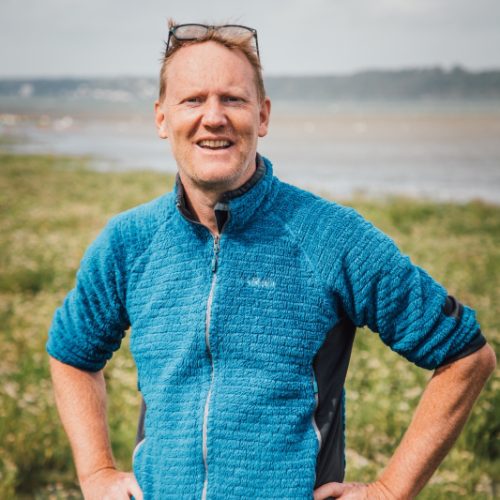
Davey Jones
Professor of Soil and Environmental ScienceDavey Jones holds a Professorial Chair in Soil and Environmental Science at Bangor University and a Professorial Chair position at Murdoch University in Western Australia. A major focus of his research is on understanding below-ground processes with specific focus on nutrients and human pathogen behaviour in water-food-soil-plant-microbial systems. His research portfolio is quite broad – reflecting his interests from natural sciences through to social sciences (i.e. science linked to changing human behaviour).
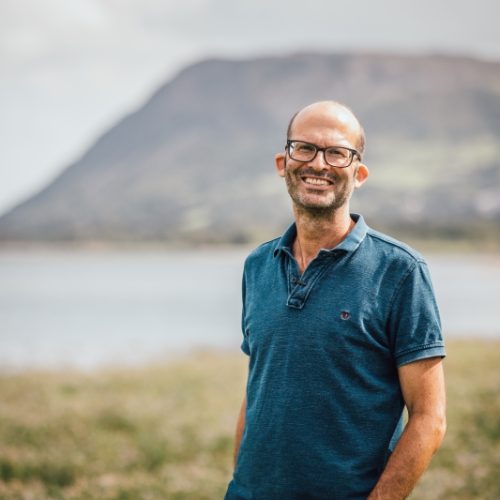
Dave Chadwick
Professor of Sustainable Land Use SystemsDave Chadwick is Professor of Sustainable Land Use Systems in the School of Natural Sciences. His interests are in optimising nutrient management and reducing diffuse pollution in different agricultural systems, both in the UK and overseas. He joined Bangor University in 2012, after working at the North Wyke Research Institute in Devon for 18 years.
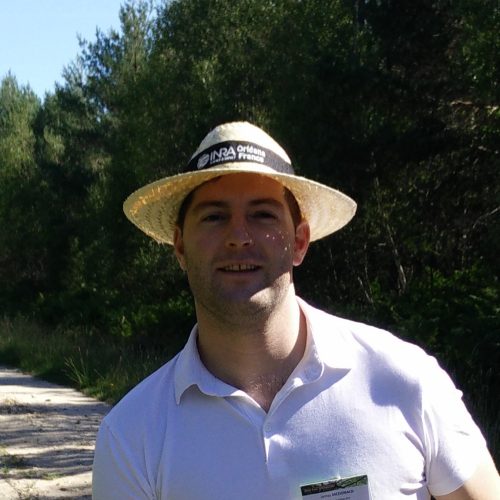
James McDonald
Professor of Biology (Biotechnology)James McDonald is Professor of Microbial Ecology at Bangor University. Current research themes include microbiome analysis of biomass-degrading microorganisms for biofuels and biotechnology, high-throughput methods for the detection of human pathogens in aquatic environments, and microbiome analysis of the complex tree disease, Acute Oak Decline. His group applies a combination of microbiological culture techniques and contemporary ‘omics’ technologies (e.g. genomics, metagenomics, metatranscriptomics and metaproteomics) to address these research themes.

Roland Bol
Professor of BiogeochemistryRoland Bol is a biogeochemist with extensive expertise in tracing colloidal fluxes and their contaminants in ecosystems at the lysimeter, field and small catchment scale. Has specific expertise in tracing the fate of contaminants using stable- and radio-isotopes. He will oversee experiments that explore the degradation rates of 14C labelled plastics and transfer of 14C-labelled microplastics through soil.
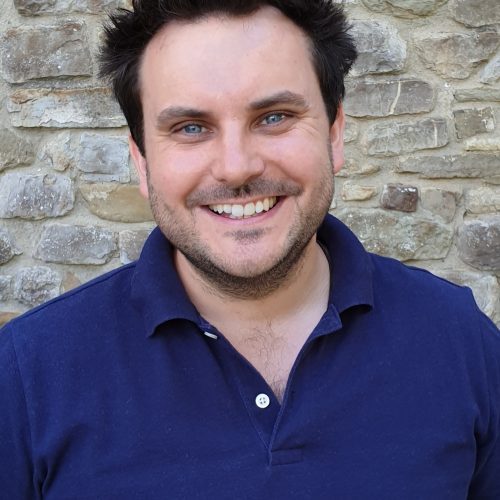
Christian Dunn
Senior Lecturer in Wetland ScienceAs the Associate Director of the Bangor Wetlands Group, Christian researches and teaches all aspects of wetland science. This includes wetland ecology, zoology, peatland biogeochemistry and carbon sequestration, and Constructed Treatment Wetlands (CTWs). His interest in water quality also covers pharmaceutical waste and illicit drugs in our water systems. A project led by Christian looking at illicit drugs at the Glastonbury Festival received international news coverage. Another area of research is plastic and microplastic pollution, in particular microplastic pollution in inland water systems and its potential removal using CTWs. Some of Christian’s research received international coverage when it was revealed, for the first time, that microplastics were present in all UK inland waters. Christian is the director of the Plastic Research Centre of Wales.
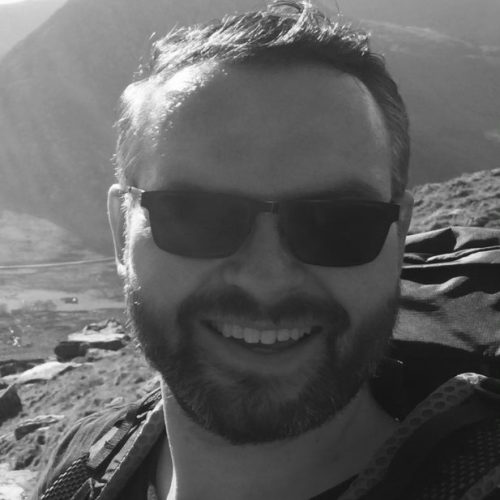
Luke Hillary
Research OfficerLuke’s interests lie in the movement of viruses through the wastewater treatment system and their persistence in the terrestrial environment. He has expertise in both viral qPCR and metagenomics techniques and has applied these to the study of viruses in biosolids amended soil and grassland ecosystems. As well as his interests in answering fundamental and applied questions in terrestrial viral ecology, Luke is also interested in the development and optimisation of lab-based and computational methods used in the detection and monitoring of viruses in the environment. Luke previously worked on a pilot study of the wastewater-based epidemiology of SARS-CoV-2 which led to the establishment of the Welsh national wastewater testing project WEWASH.
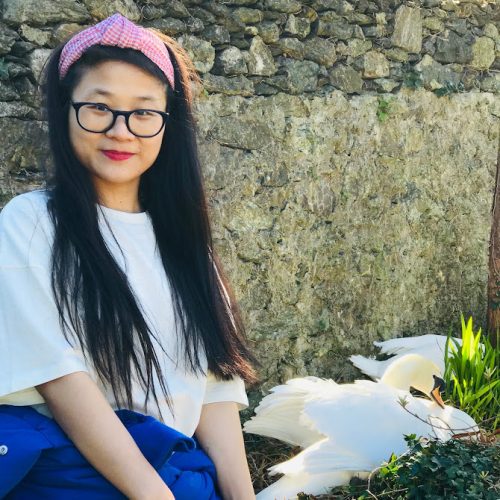
Deying Wang
Research OfficerDeying is interested in the evaluation of microplastics in biosolids and other organic waste streams, as well as the fate of microplastics following biosolids applications to agricultural soil. She has previous experience of studying nutrient cycling in laboratory and field environments, and of using radio isotopes 14C and 35S to study plant-soil-microbial interactions.
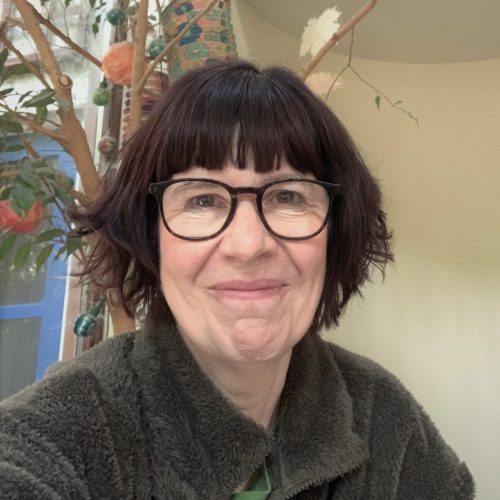
Michelle Jones
Project AdministratorMichelle has worked in a range of roles in research support since obtaining her PhD in plant ecology and has extensive experience in project coordination and administration.